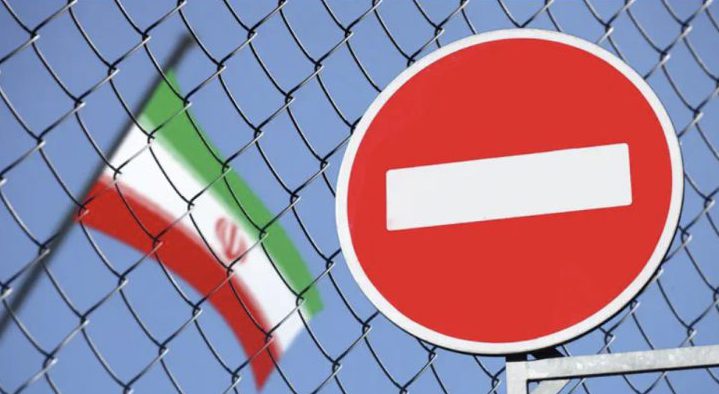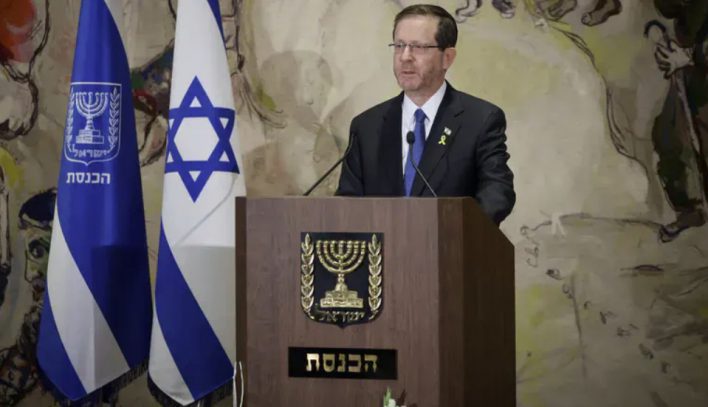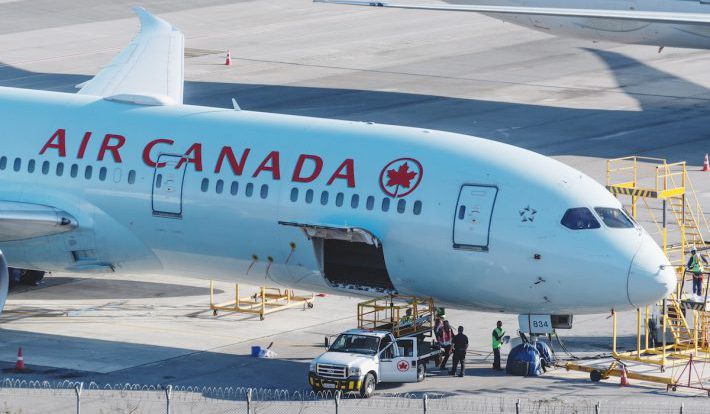U.S. Treasury Sanctions 22 Global Entities for Aiding Iran’s Quds Force Through Illicit Oil Trade
In a decisive move to curb Iran’s support for terrorism and weapons proliferation, the U.S. Department of the Treasury’s Office of Foreign Assets Control (OFAC) has imposed sanctions on 22 entities based in Hong Kong, the United Arab Emirates (UAE), and Turkey. These companies stand accused of facilitating Iranian oil sales that funnel hundreds of millions of dollars to the Islamic Revolutionary Guard Corps-Quds Force (IRGC-QF)—a U.S.-designated Foreign Terrorist Organization (FTO) and a central actor in Iran’s overseas paramilitary and destabilization campaigns.
The targeted network allegedly operates as a shadow financial system, enabling the Iranian regime to bypass international sanctions through front companies, offshore accounts, and covert partnerships. The proceeds—derived from clandestine oil shipments—are used to fund terror operations, as well as Iran’s ballistic missile and nuclear programs, according to the Treasury.
“Treasury remains focused on disrupting the shadowy infrastructure that allows Iran to threaten the United States and our allies in the region,” said Treasury Secretary Scott Bessent. “Rather than benefiting the Iranian people, the regime relies heavily on these covert financial mechanisms to fund its weapons programs and terror proxies.”
Among the entities sanctioned are Hong Kong-based firms including Amito Trading Limited, Shelf Trading Limited, and JTU Energy Limited, which the U.S. government says served as cover for illegal transactions benefiting the IRGC-QF. In Turkey, Pulcular Enerji reportedly coordinated multi-million-dollar oil purchases in collaboration with IRGC-linked operators. Similar activity was detected among companies in the UAE, all forming part of a transnational laundering scheme linked to Hezbollah-associated actors.
This action builds on a broader U.S. campaign to target Iran’s shadow banking infrastructure, a critical component in Tehran’s evasion of international financial scrutiny. It follows earlier sanctions issued in June 2024, which designated individuals and businesses implicated in laundering billions through Iranian exchange houses.
Under the new designations:
- All U.S.-based assets of the listed entities are frozen;
- U.S. persons are barred from conducting any transactions with them;
- Secondary sanctions may apply to foreign parties knowingly facilitating these activities;
- Civil and criminal penalties may be enforced against violators of U.S. sanctions law.
The sanctions align with the President’s National Security Presidential Memorandum 2, which mandates a maximum pressure strategy against Iran. It also reinforces Washington’s longstanding commitment to combating the financial enablers of terror and proliferation.
This latest move sends a clear message: any entity—regardless of geography—that supports Iran’s destabilizing agenda will face economic isolation and legal consequences. The U.S. is determined to dismantle the financial networks that allow the IRGC-QF to operate beyond Iran’s borders, undermining regional peace and international norms.





